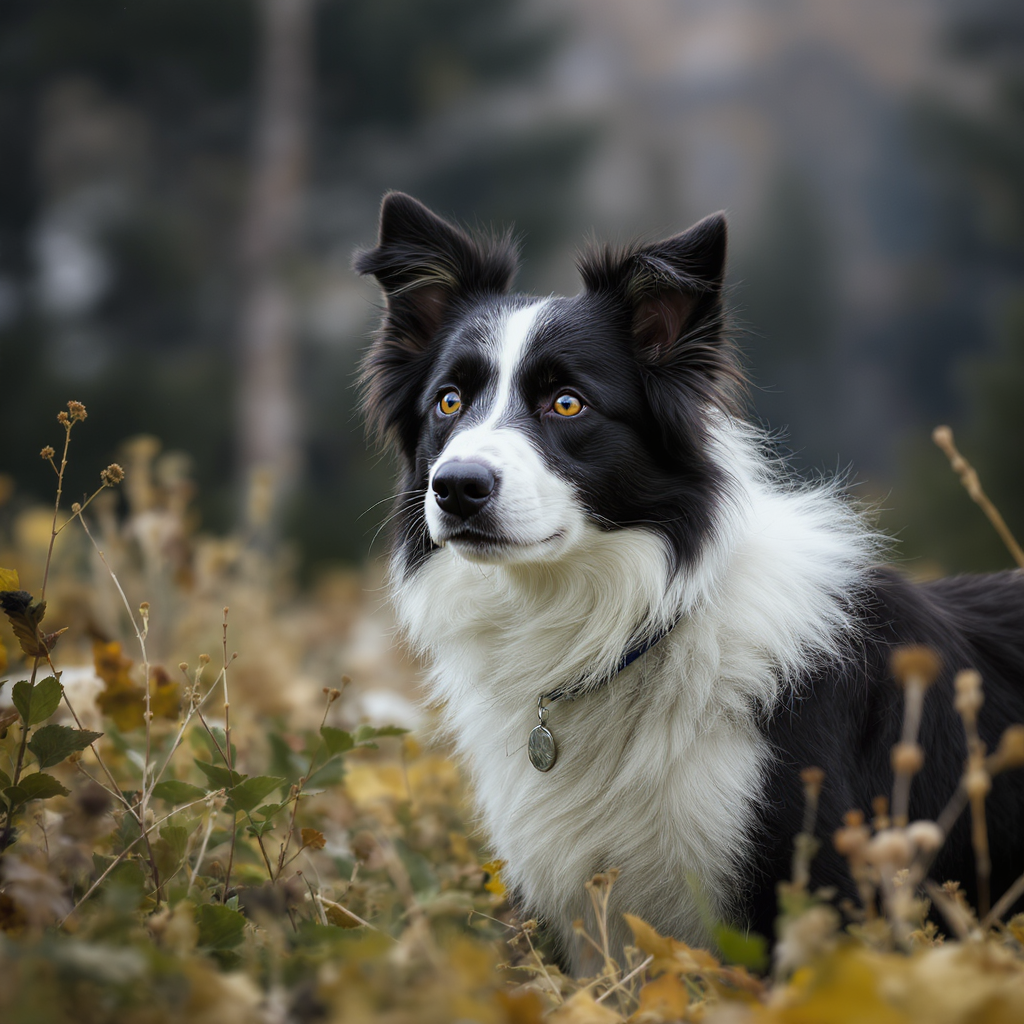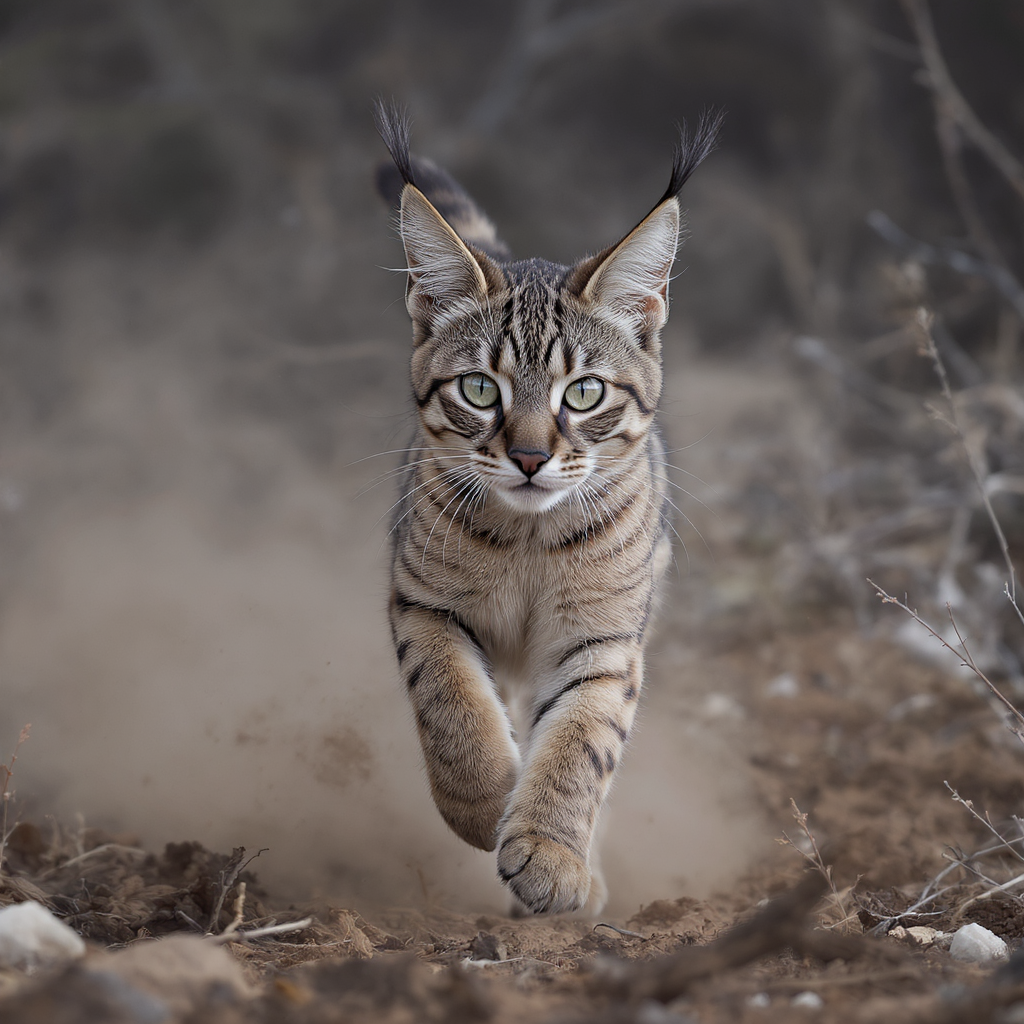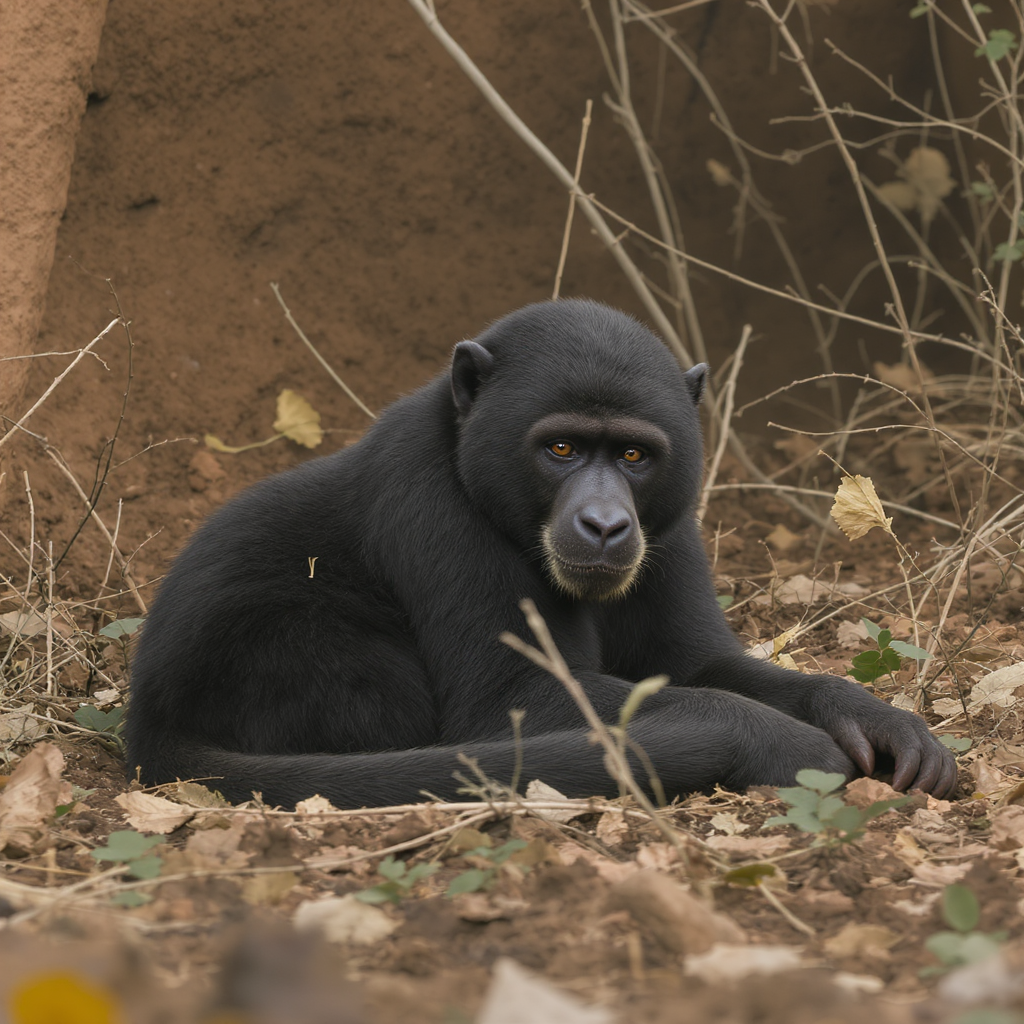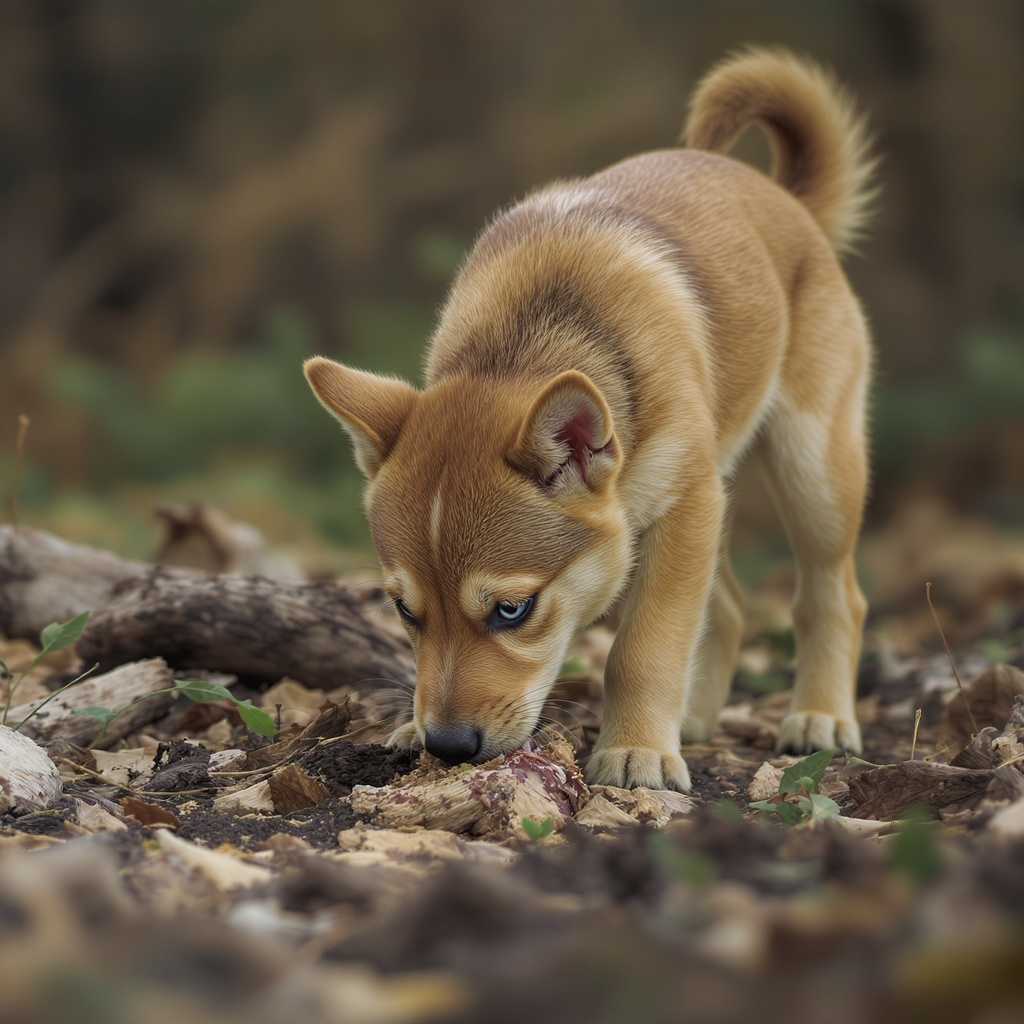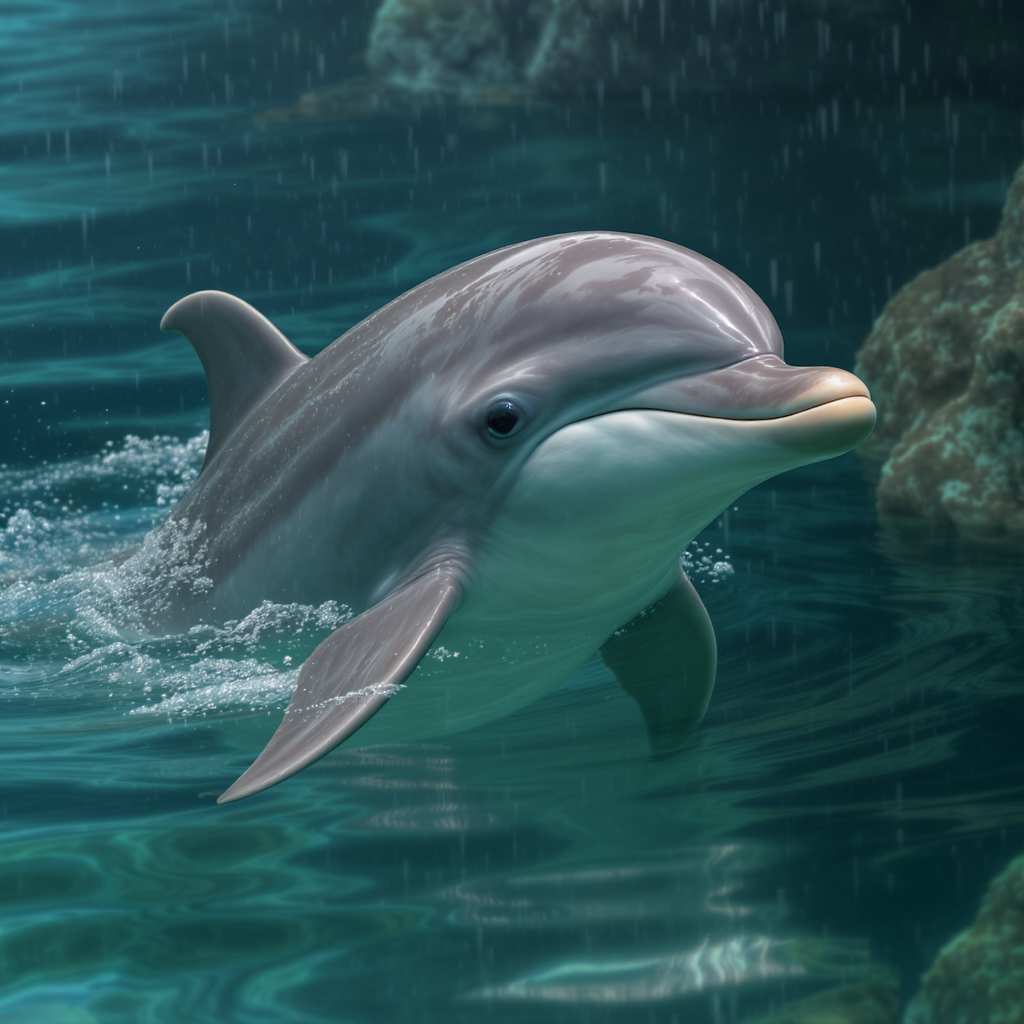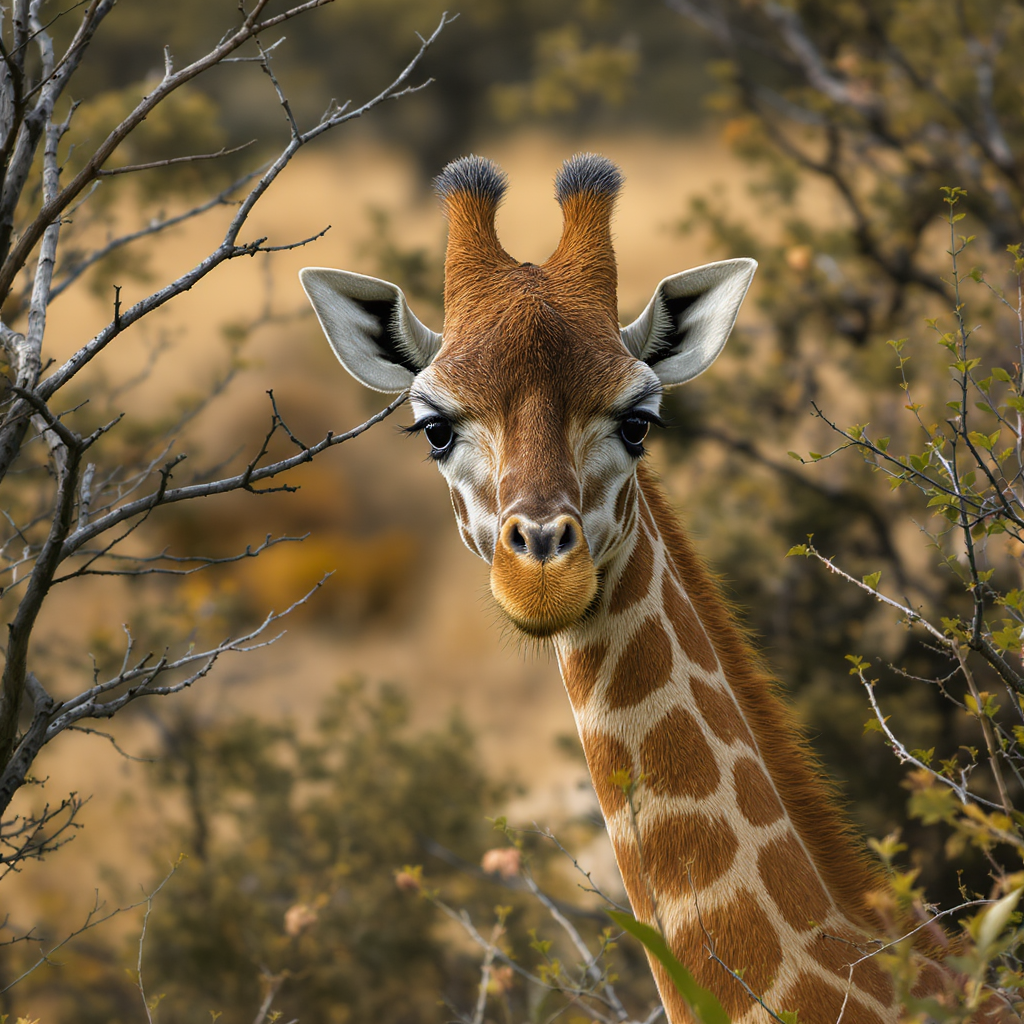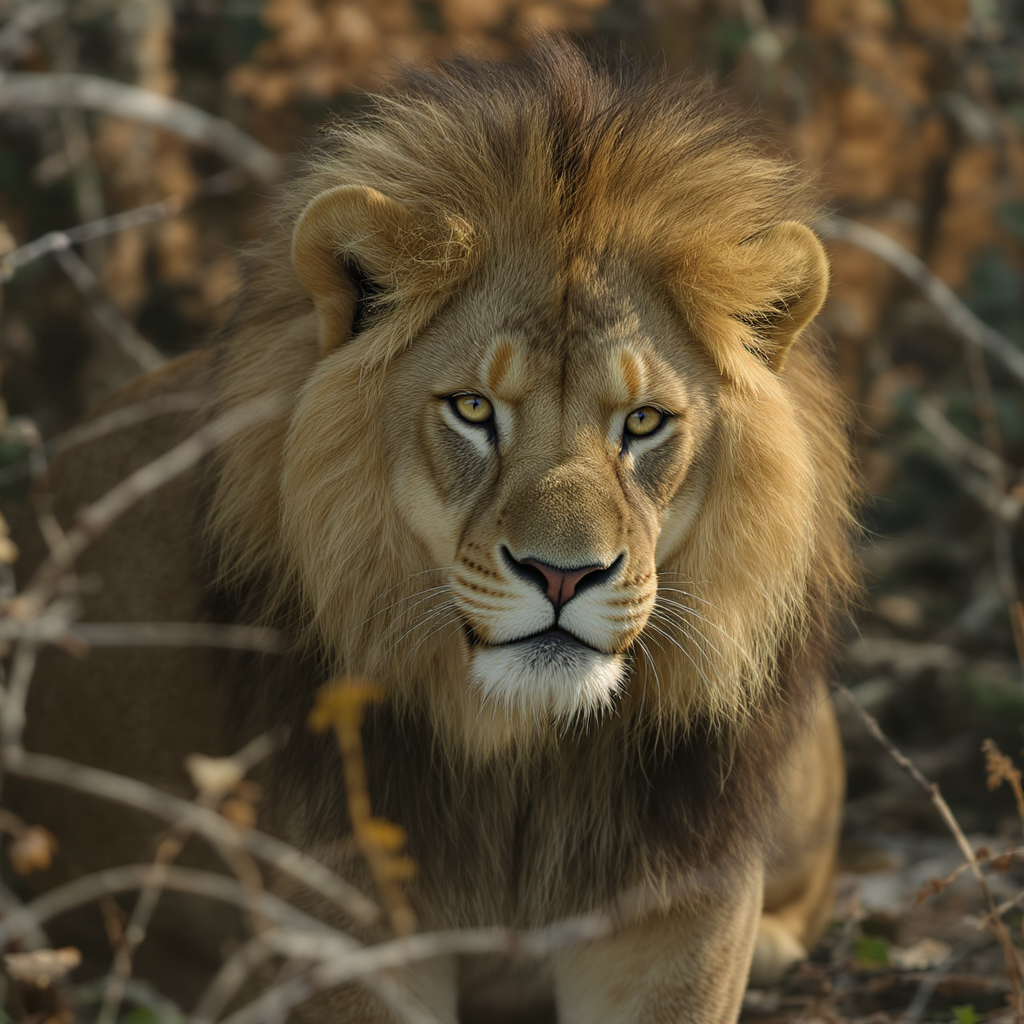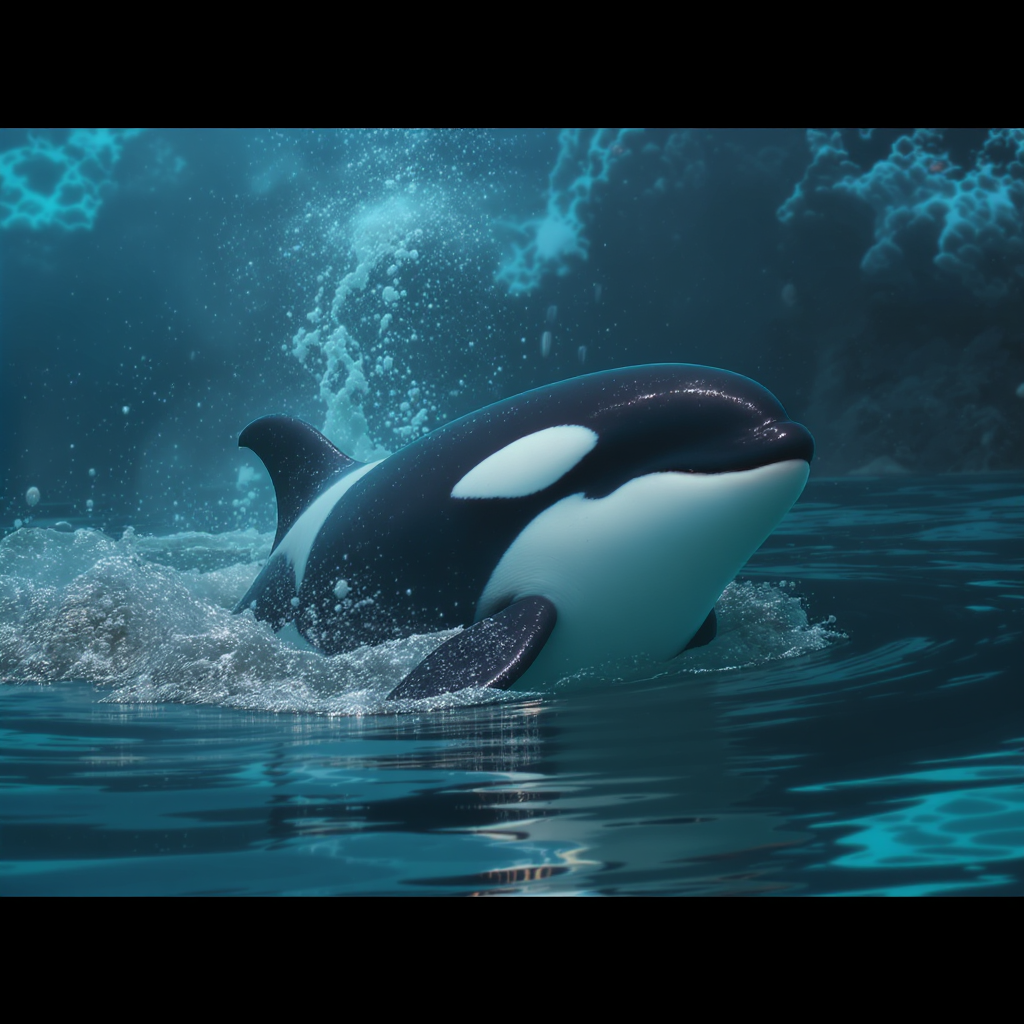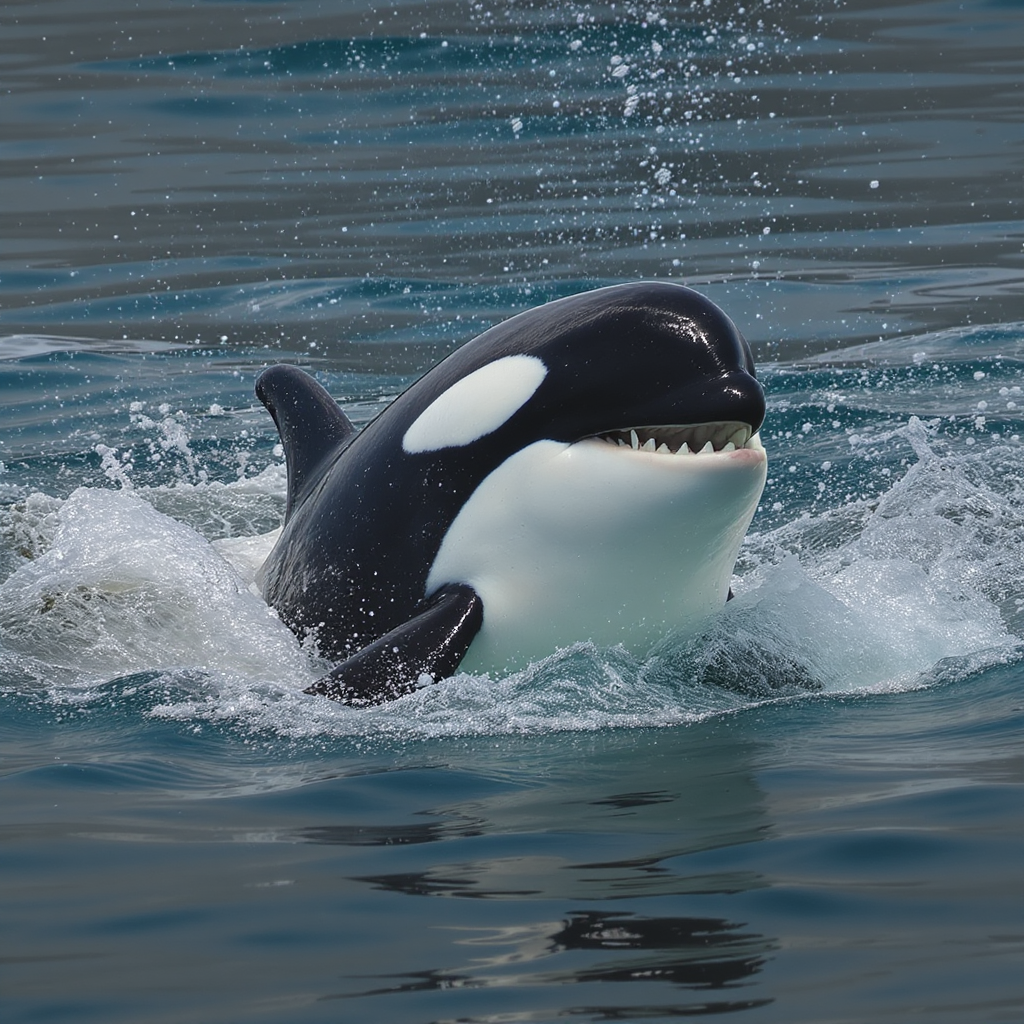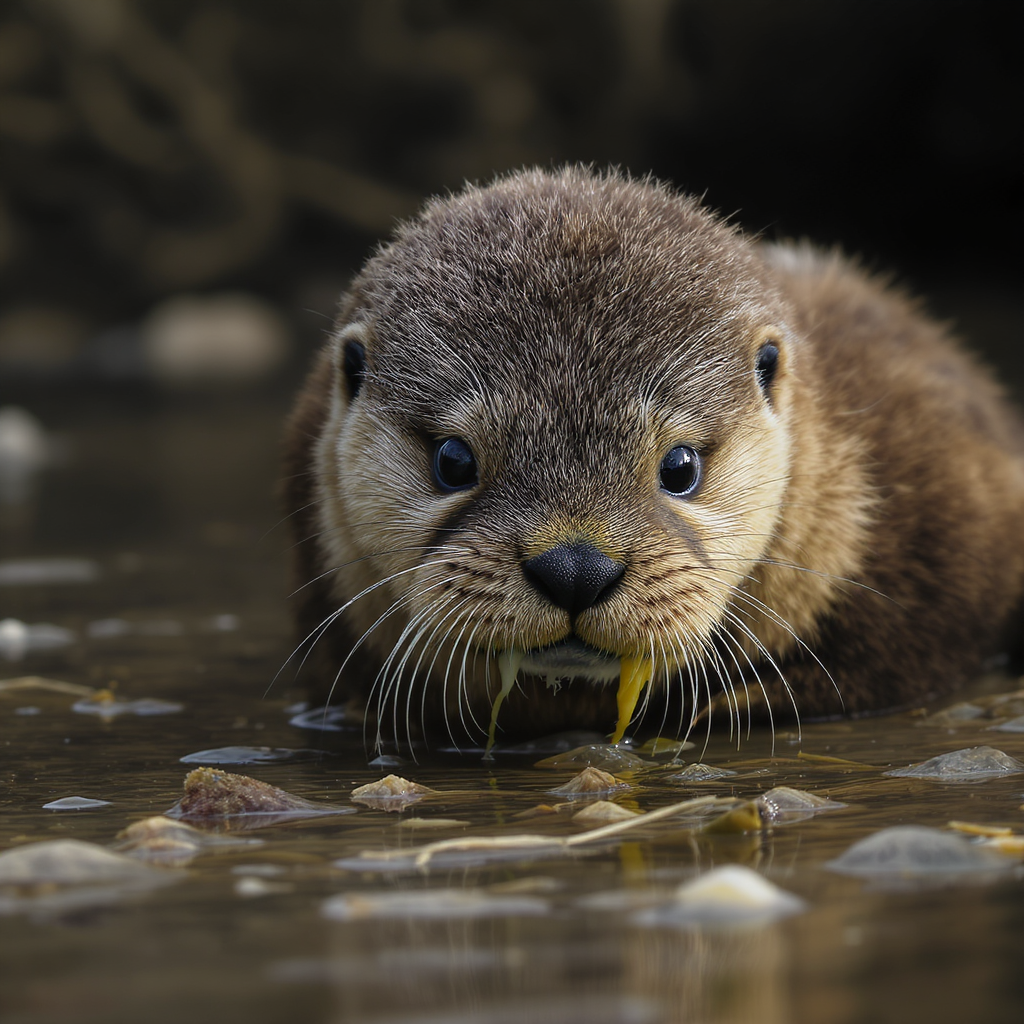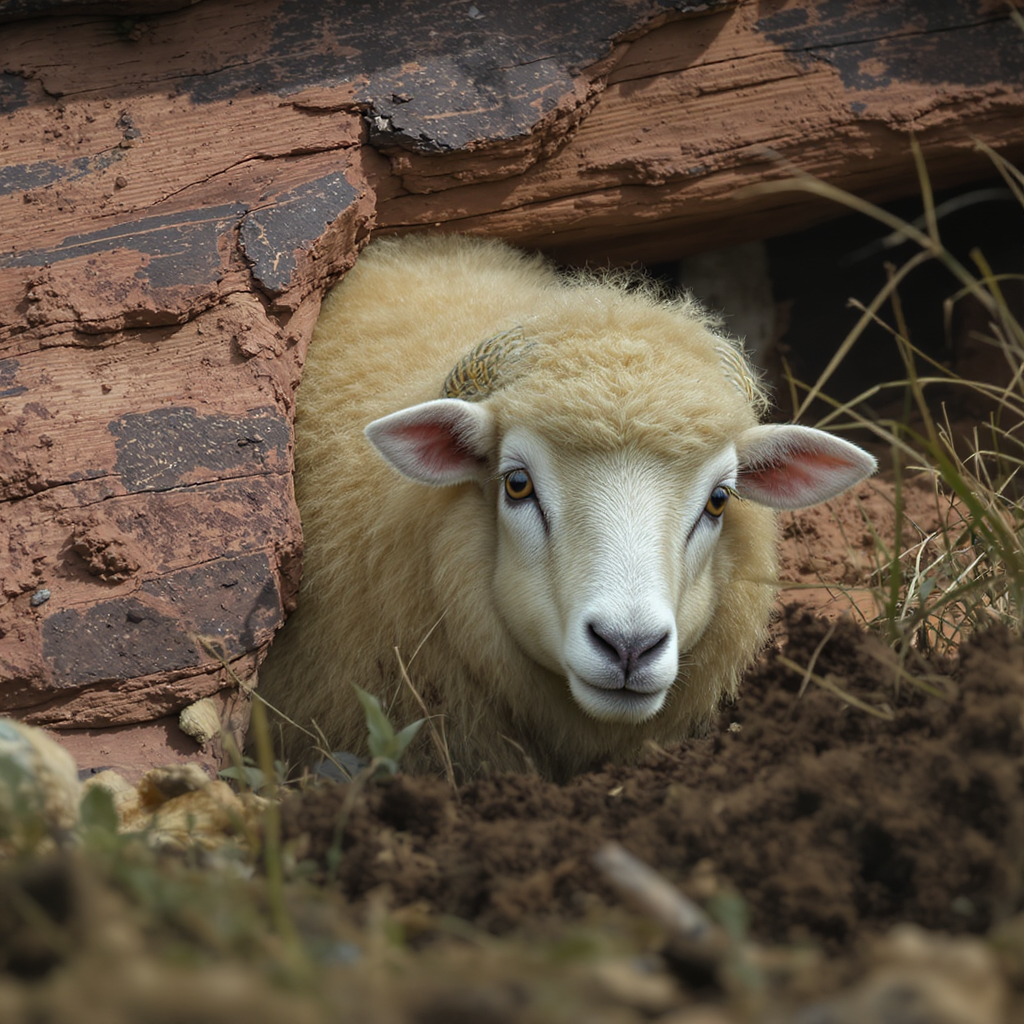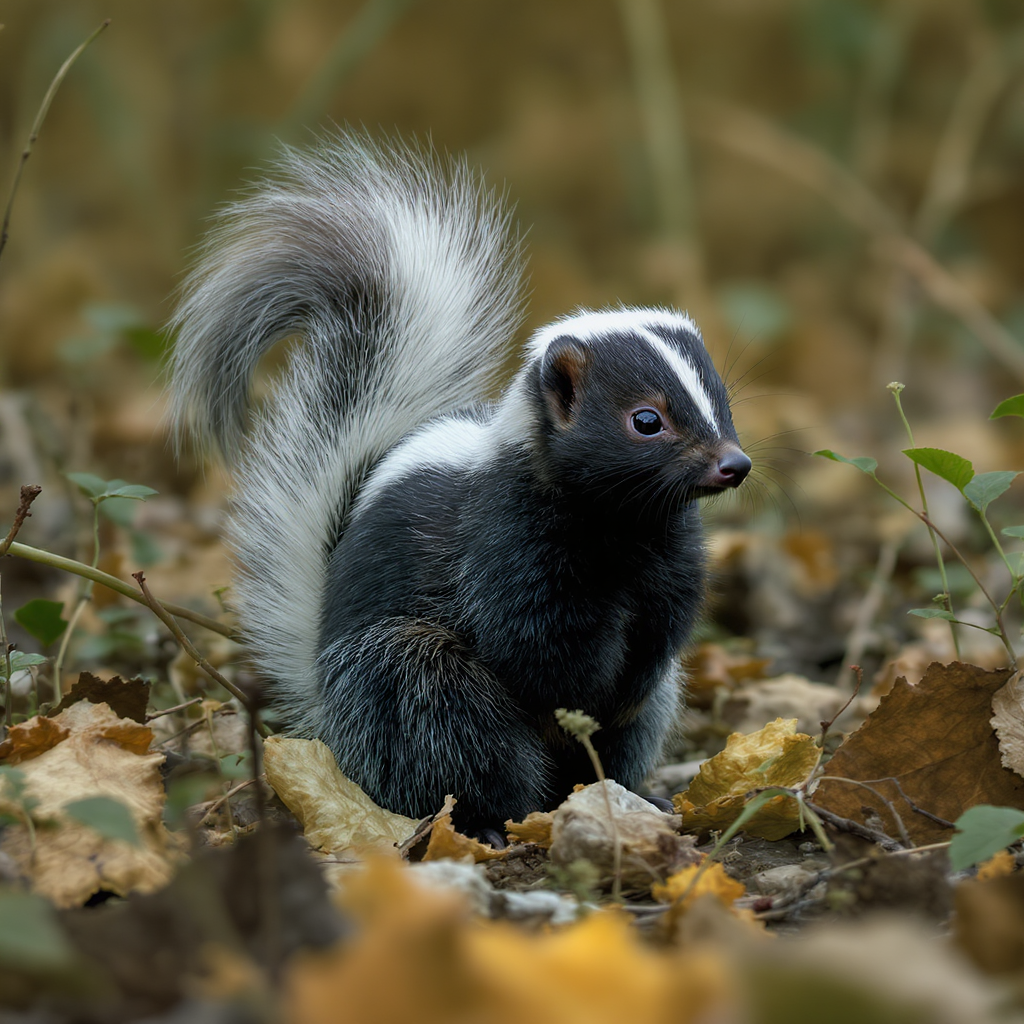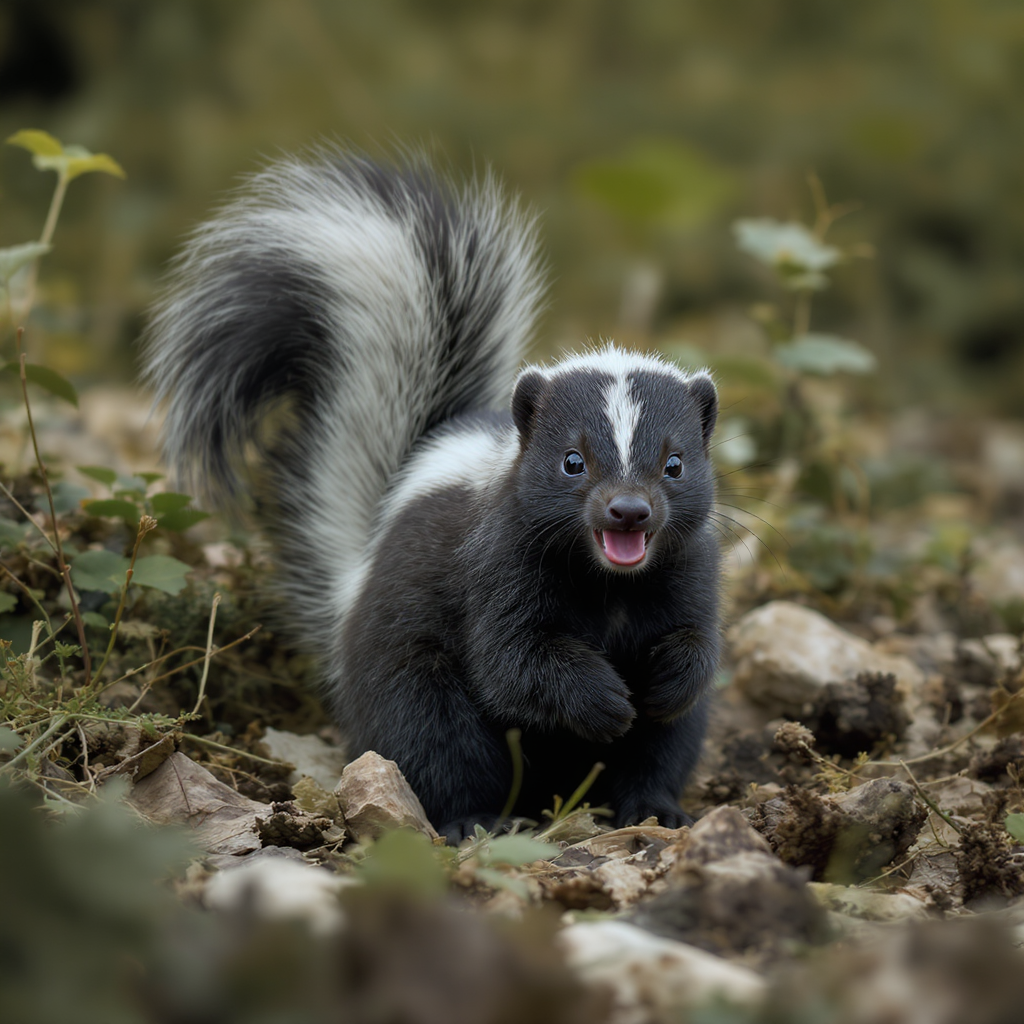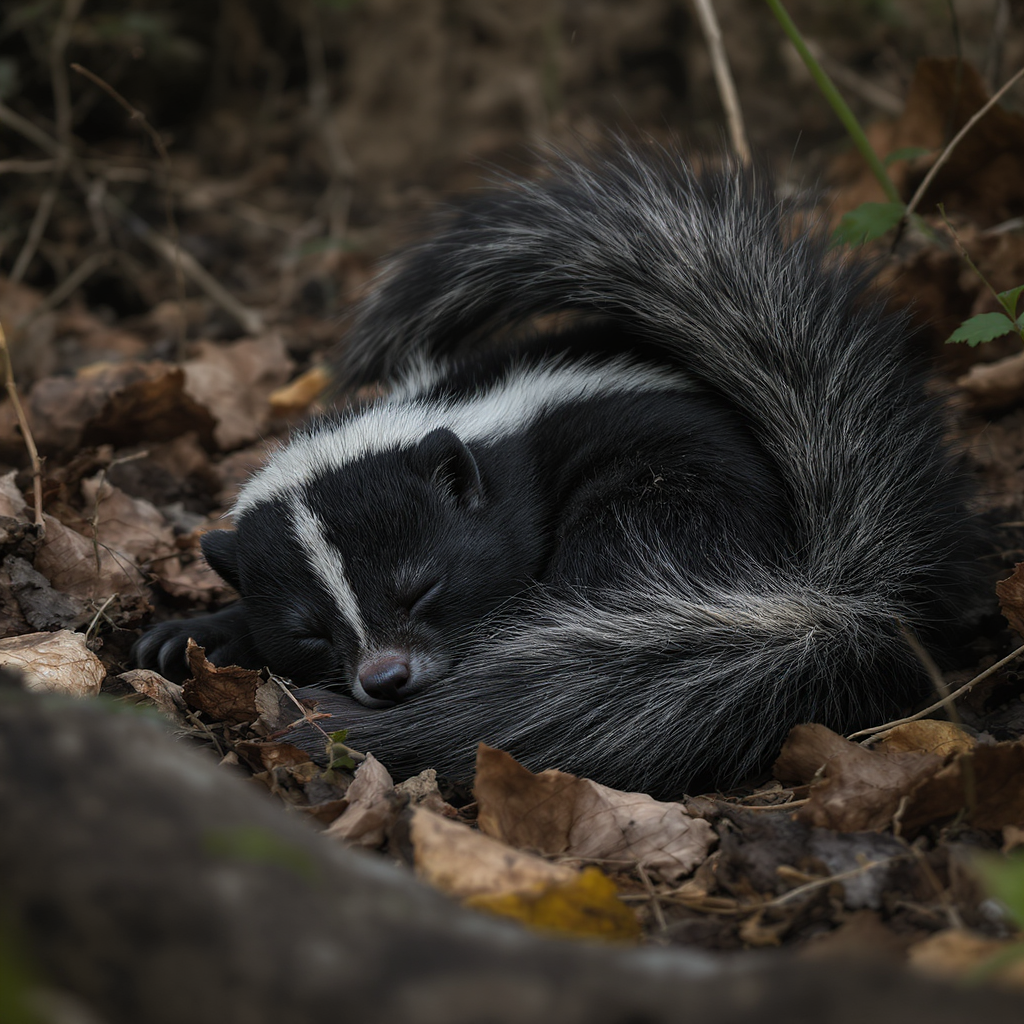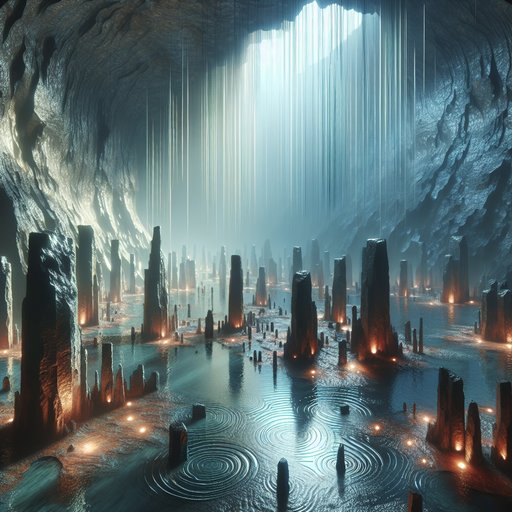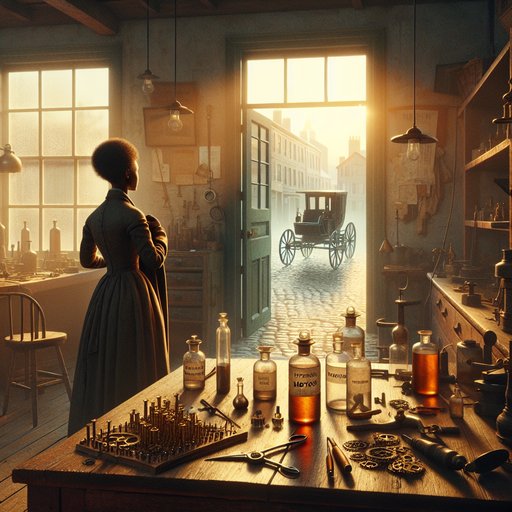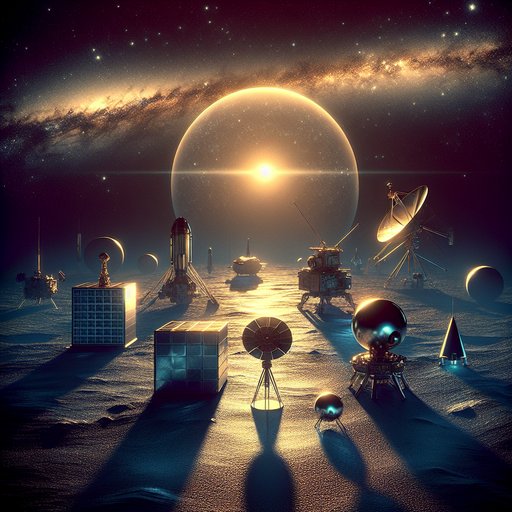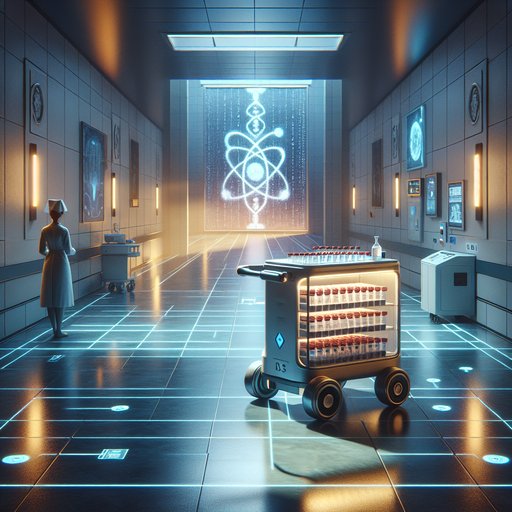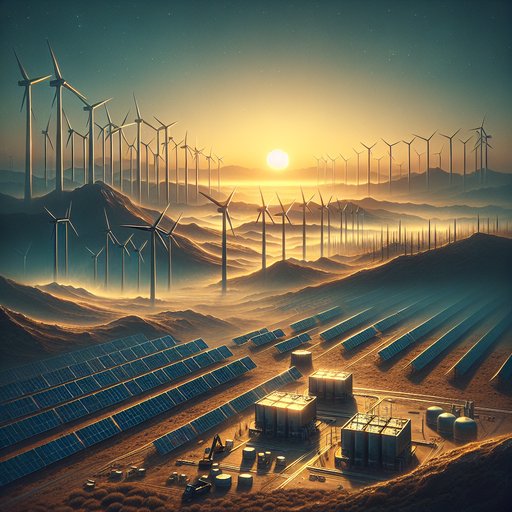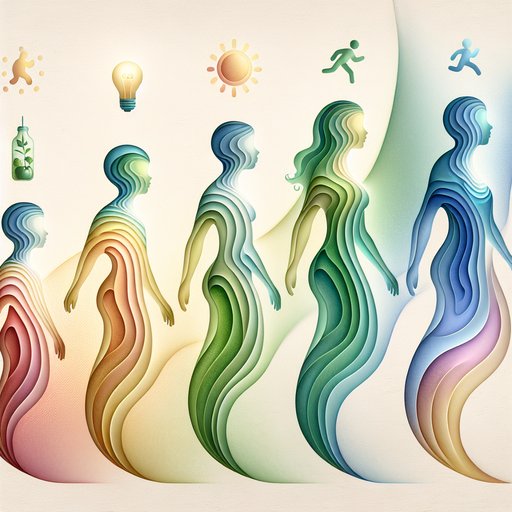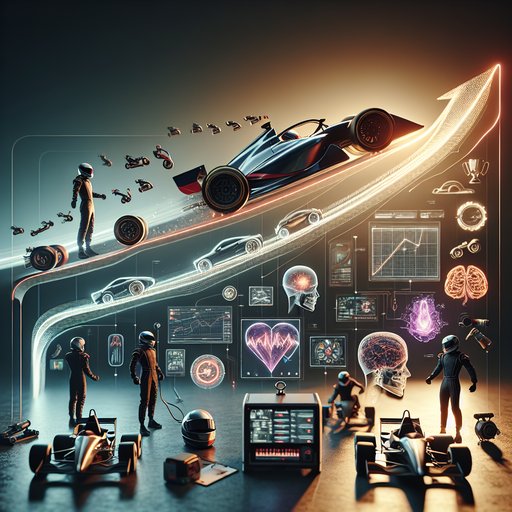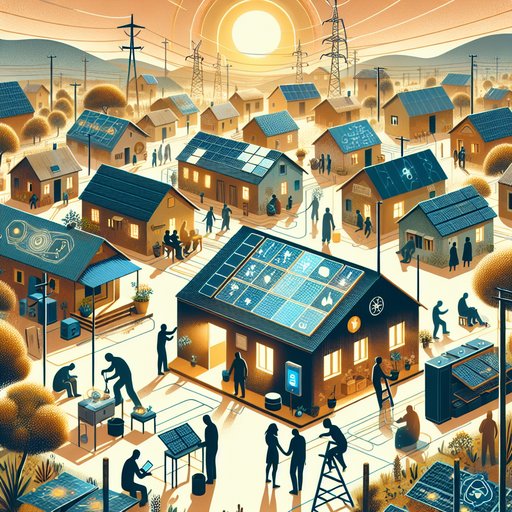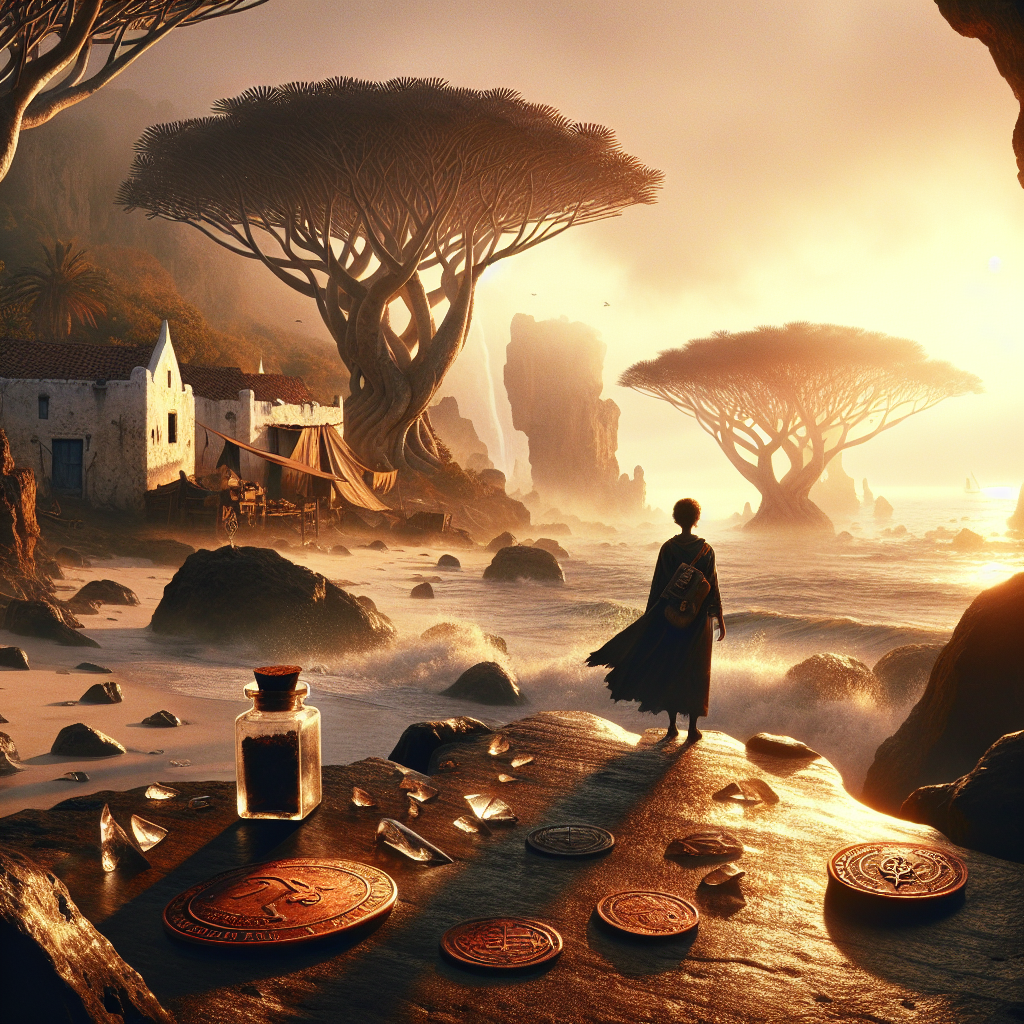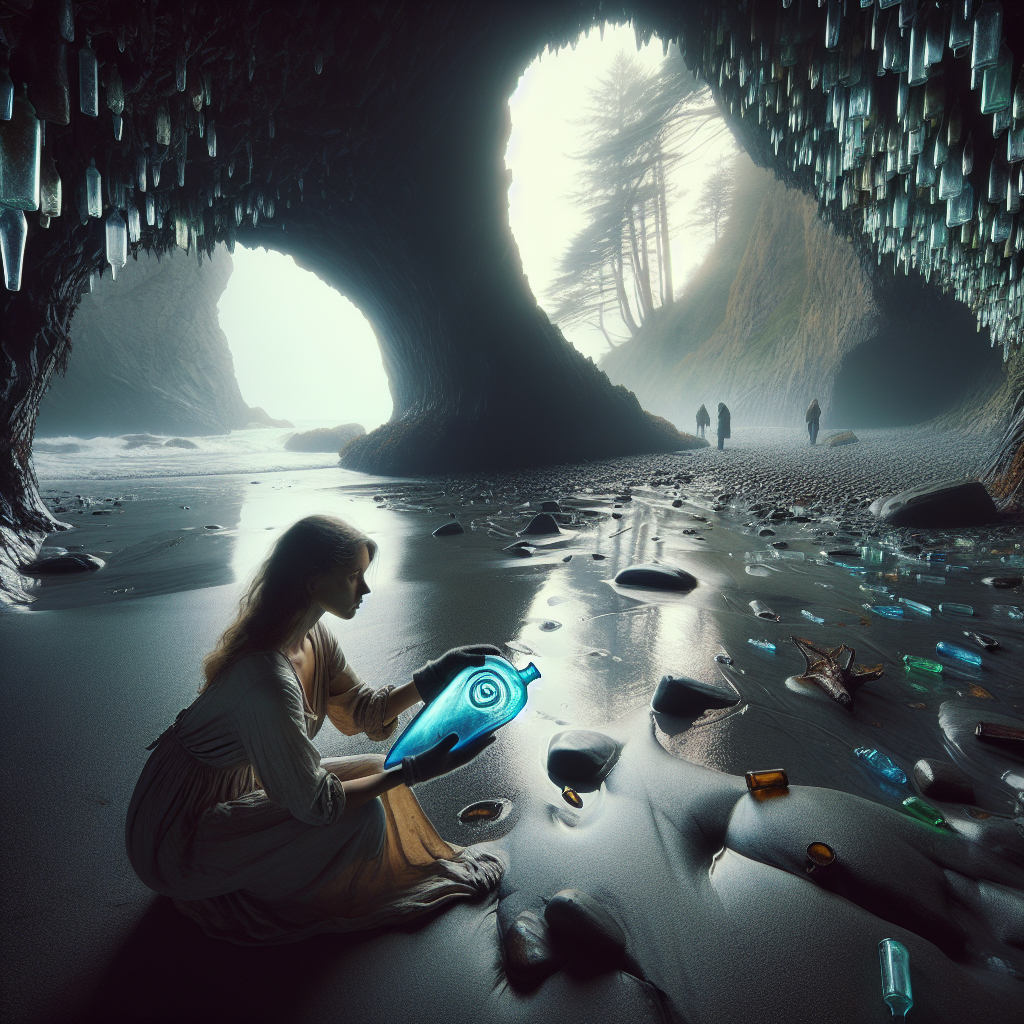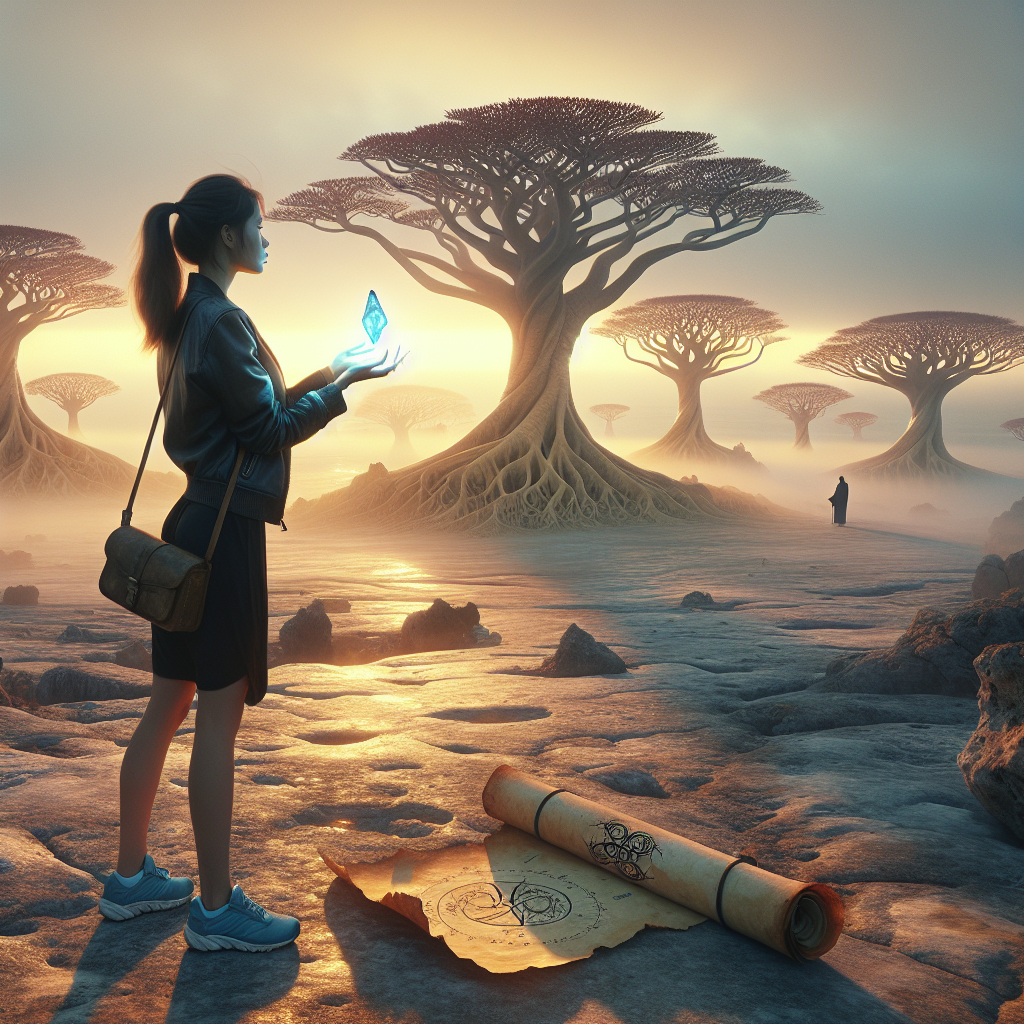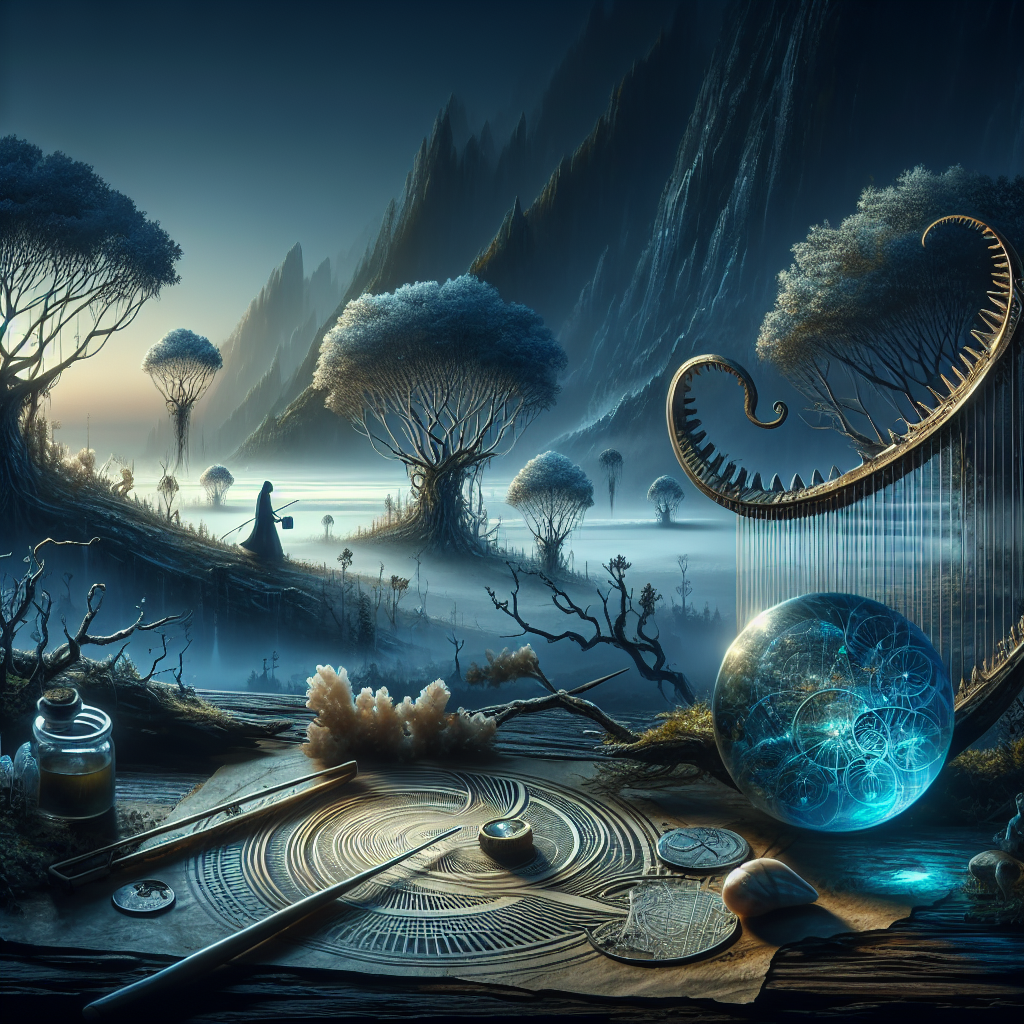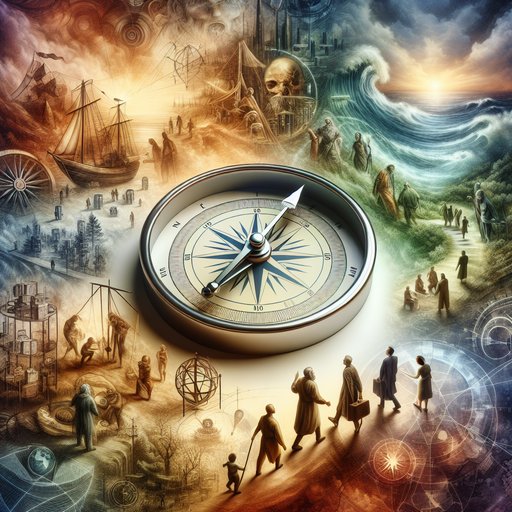 In an intricate dance between metaphysics and ethics, the human existence has continually grappled with weighty questions. Unfolding against the backdrop of societal development, the evolution of ethical considerations traces an intricate path, threading together the stories of individual lives and collective progress. As society continues to evolve and disrupt existing paradigms, we are compelled to pause and re-examine our long-held beliefs.
In an intricate dance between metaphysics and ethics, the human existence has continually grappled with weighty questions. Unfolding against the backdrop of societal development, the evolution of ethical considerations traces an intricate path, threading together the stories of individual lives and collective progress. As society continues to evolve and disrupt existing paradigms, we are compelled to pause and re-examine our long-held beliefs.
In our ancestral caves, the lines of right and wrong were inscribed in the urgency of survival. The propagation of life instinctually appeared as the only morally correct path, while any harm caused was seen as an unfortunate necessity. As our nomadic ancestors formed organized communities, the dynamics of ethics began to shift. The importance of individual survival bowed down before the collective good.
It was within these early societies that the first ethical frameworks emerged in the form of customs, religion, and law. With the dawn of philosophy, humanity began to grapple in earnest with the essence of good and evil. Great thinkers like Socrates, Plato, and Aristotle dissected morality, shifting it from divine decree to individual responsibility. A role played by reason and virtue in ethics was established.
However, even as intellectual exploration expanded, religious doctrine still held sway. It was not until the Enlightenment that inclination, or 'want', got married to ethical thought. The birth of human rights envisaged the freedom of choice as an ethical beacon. Fast forward to the nineteenth century and the industrial revolution created new ethical questions around human labor and exploitation.
The economy took precedence in the ethical discourse, and again the ethics of survival subtly shifted towards a commune-centered discourse. The 21st century has spurred a new era of ethical enquiry with the rise of artificial intelligence. As machines take on human-like characteristics and abilities, we are forced to reevaluate our superiority and uniqueness. We are, once again, in the flux of defining what it means to be a human being.
As individuals, our ethical compass is formed and reformed in a crucible of personal experiences, societal norms, and times we live in. From survival instincts to societal laws and from religion to artificial intelligence, the melee for our morality continues. Yet, it is also a reflection of how we have developed as a society. In the end, our ethical evolution is a testament to our adaptability and resilience in facing new challenges.
Each turn in the evolutionary spiral has left us with a more refined understanding of who we are and how we want to exist as part of the larger whole.


